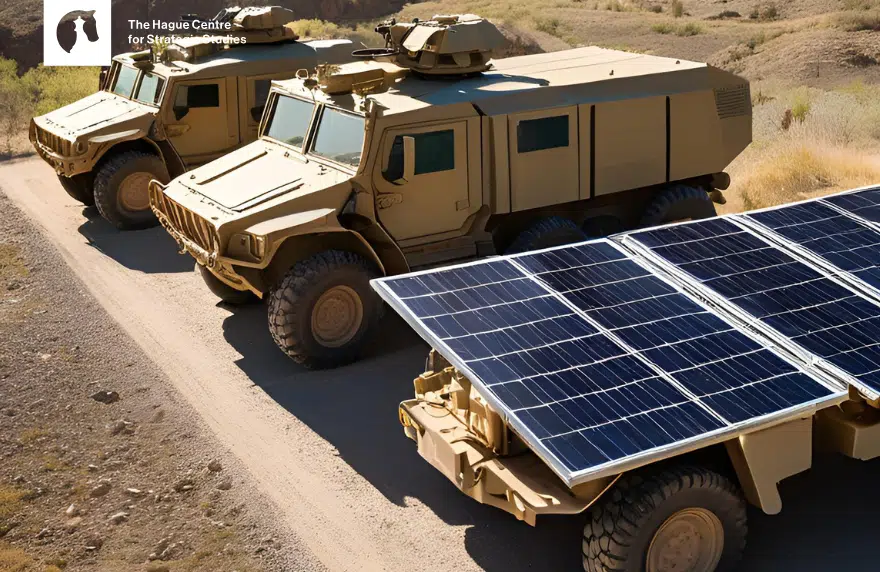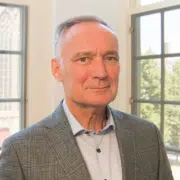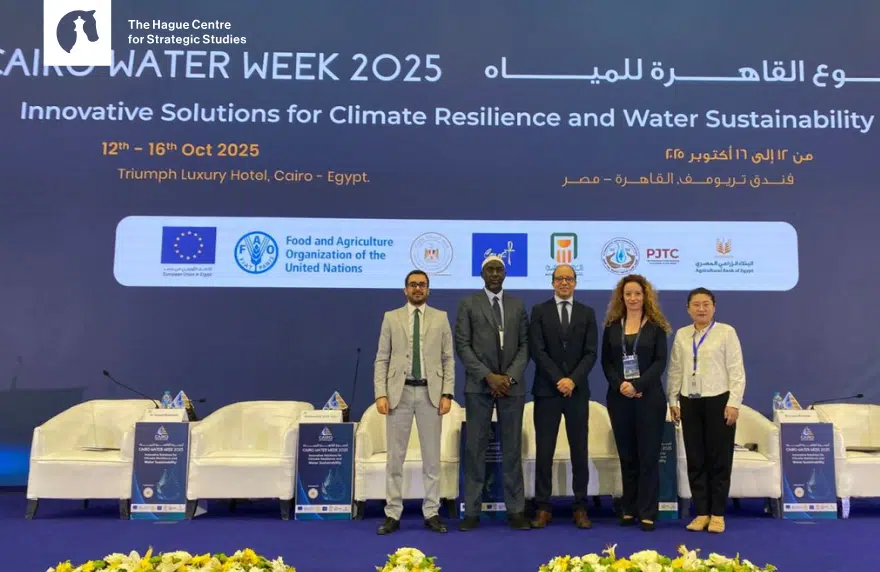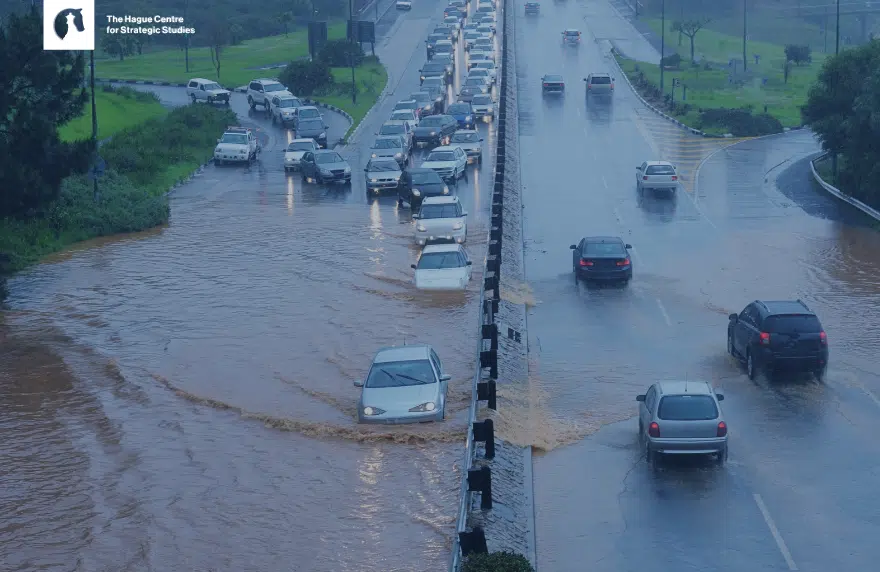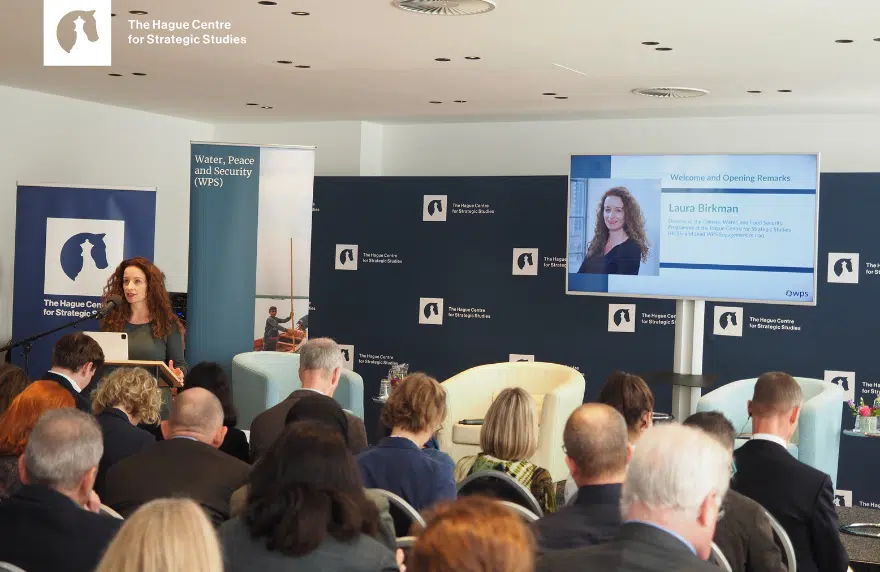“Investing in green fuels is investing in stability and sovereignty”
A coalition of defence and security experts and retired military leaders — including three from the Hague Centre for Strategic Studies (HCSS) — has called on European governments to boost investments in renewable energy and sustainable fuels as a matter of national and collective security.
In an open letter ahead of a NATO summit in Brussels, the group urged leaders to count spending on low-carbon energy as part of NATO’s target to allocate 1.5% of GDP to “critical infrastructure and resilience.” The signatories argue that Europe’s dependence on fossil fuels — whether from Russia or other suppliers — leaves nations more vulnerable to geopolitical coercion, energy price shocks, and wartime disruption.
Among the signatories are two of HCSS’ Strategic Advisors on Climate Security and Defence, Lt Gen (Ret.) Richard Nugee and Gen (Ret.) Tom Middendorp, as well as Laura Birkman, Director of the Climate, Water, and Food Security programme at HCSS.
Middendorp, former Chief of Defence of the Netherlands, and Nugee, former Sustainability Director at the UK Ministry of Defence, have both long advocated for integrating climate resilience into defence planning.
“The NATO 1.5% target presents a historic opportunity to incentivize investments in clean energy that will keep us safe, bolster our economies and help protect the planet,” the letter states. It highlights that the European Union spent nearly €22 billion on Russian fossil fuel imports last year — more than the €19 billion it provided to Ukraine in financial support. The authors argue that such spending effectively funds aggression, as EU gas payments since February alone amount to roughly 75% of Russia’s annual military budget.
Retired Lt Gen Richard Nugee told the Guardian that investing in renewable energy was more secure than seeking more gas supplies, as some have urged, because wind turbines, solar panels and other forms of renewable energy are more dispersed and thus less vulnerable to attack — a reality underscored by Russia’s attacks on Ukraine’s energy infrastructure.
“To have a strong military deterrence, we need a resilient homeland,” he said. “If we want to build a resilient country, low-carbon energy is a very important component.”
For Laura Birkman, the letter reflects a growing understanding that climate policy and security policy can no longer be separated: energy independence and climate resilience are two sides of the same coin. “Investing in green fuels isn’t just good for the environment,” she noted. “It’s an investment in stability, sovereignty, and long-term peace.”
As governments prepare new defence and energy strategies, the signatories hope their message is clear: clean energy is not just an environmental necessity — it’s a cornerstone of European security.
Source: The Guardian / Bloomberg

